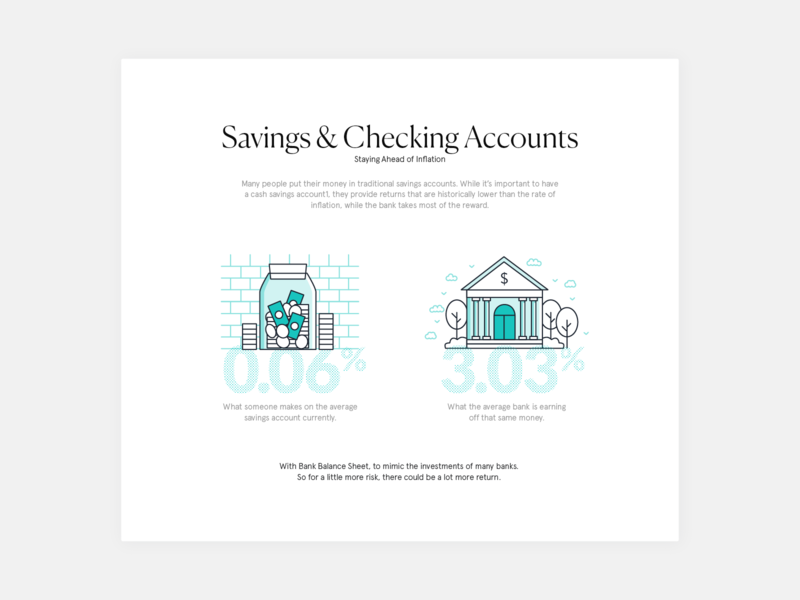The Consequences Of Falling Short To Fulfill Performance Bond Responsibilities
The Consequences Of Falling Short To Fulfill Performance Bond Responsibilities
Blog Article
Composed By-
When a guaranty concerns a performance bond, it assures that the principal (the party who buys the bond) will meet their obligations under the bond's terms. If the primary falls short to fulfill these responsibilities and defaults on the bond, the guaranty is in charge of covering any kind of losses or damages that result.
1. learn more of credibility: Back-pedaling a performance bond can harm the principal's online reputation and reliability, making it more challenging to secure future company or financing.
2. Legal and management expenses: The surety might need to pay lawful and management costs associated with going after the principal for damages or trying to remedy the scenario.
3. Monetary losses: The surety may need to cover the expense of finishing the task or supplying the solutions that the principal fell short to deliver. This can result in considerable financial losses for the guaranty.
4. Enhanced costs: If the principal has a history of back-pedaling efficiency bonds, they might be required to pay higher premiums in the future to get the required bonding.
Generally, defaulting on a performance bond can have severe economic consequences for both the principal and the surety. It's important for principals to meticulously consider their commitments and guarantee they are able to satisfy the regards to the bond to stay clear of these negative outcomes.
Back-pedaling a performance bond can be a pricey misstep for businesses. When you fall short to fulfill the bond's obligations, the economic consequences can be substantial. From paying the complete bond amount to possible lawful fights and harmed connections, the effects can resound throughout your business procedures. Understanding the elaborate web of monetary impacts that defaulting on a performance bond can have is crucial for guarding your business's financial wellness and reputation.
Financial Penalties for Defaulting
If you default on an efficiency bond, you'll likely encounter significant punitive damages. These fines can vary depending upon the terms of the bond arrangement however commonly involve paying the bond quantity completely to the obligee. This means that if you fall short to meet your legal commitments, you must pay the bond amount to the job proprietor or the entity that needed the bond.
Furthermore, you may also be responsible for any kind of additional costs incurred by the obligee as a result of your default, such as finding a substitute service provider or covering job delays.
Back-pedaling a performance bond can also cause lawful fees and court expenses if the obligee decides to take lawsuit against you to recuperate the bond amount. These costs can quickly build up, additional worsening the economic effect of your default. It's necessary to carefully examine and comprehend the terms of the efficiency bond to avoid these extreme financial penalties.
Influence On Organization Cash Flow
Defaulting on a performance bond can substantially affect your company cash flow, influencing financial security and functional capacities. When you default on an efficiency bond, you take the chance of losing the bond amount, which can be a significant amount. This loss straight impacts your capital, as you'll require to locate alternate sources of moneying to cover the bond quantity. Additionally, failing can bring about increased https://archerpkfzu.newsbloger.com/34473160/the-relevance-of-surety-bonds-in-construction-endeavors from guaranties, making it harder and more costly to secure bonds in the future. This can even more strain your cash flow as you might need to assign additional resources to meet bonding demands.
The effect on your capital does not stop there. Defaulting on an efficiency bond can additionally cause task hold-ups or terminations, resulting in a loss of earnings. In addition, the unfavorable online reputation that includes skipping can deter potential clients, better minimizing your cash flow. In general, back-pedaling an efficiency bond can have detrimental impacts on your company's economic health and capability to operate smoothly.
Legal Ramifications and Suits
Encountering legal ramifications and prospective legal actions because of defaulting on a performance bond can dramatically influence your business's credibility and financial standing. When you default on a performance bond, the surety firm may take legal action to recover the bond amount paid out. This might lead to expensive lawful charges, court expenditures, and potential negotiations or judgments against your company.
Moreover, back-pedaling an efficiency bond may bring about damaged partnerships with clients, subcontractors, and vendors, influencing your capacity to secure future agreements. Lawsuits arising from bond defaults can taint your organization's reputation in the industry, making it testing to draw in brand-new companions or consumers.
Furthermore, if the default causes a court judgment against your organization, it might lead to asset seizure or liens, further straining your monetary security. Consequently, it's critical to comprehend the lawful effects of defaulting on an efficiency bond and take proactive steps to minimize the threats involved.
Verdict
As you deal with the consequences of back-pedaling an efficiency bond, remember this: it's like strolling a tightrope without a safeguard. One incorrect step can send you plummeting right into a monetary freefall, with no way to stop the autumn.
The punitive damages, capital effect, and legal implications are all waiting to capture you if you mistake. So step thoroughly, and constantly recognize your commitments to stay clear of the extreme consequences of default.
